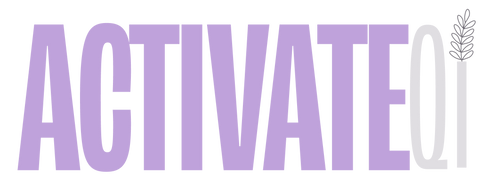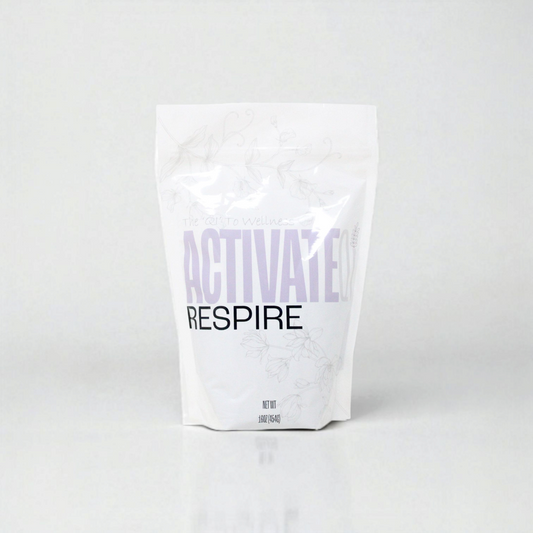Understanding the Role of the Lungs in Equine and Canine Health: Breathing Life and Emotional Balance
The lungs are essential organs, playing a critical role in breathing, oxygenating the blood, and supporting the immune system. For both horses and dogs, lung health is pivotal to overall vitality, influencing not only physical wellness but also emotional well-being.
In Traditional Chinese Medicine (TCM), the lungs are associated with the emotion of grief and govern the body’s protective energy, or Wei Qi. Let’s explore the functions of the lungs, their impact on your animals’ health, and how to support them in maintaining balance.
The Lungs’ Physiological Role in Horses and Dogs
Physiologically, the lungs are responsible for:
- Facilitating gas exchange, delivering oxygen to the blood, and removing carbon dioxide
- Regulating moisture levels in the respiratory system
- Supporting immune defenses by acting as a barrier to pathogens
- Maintaining the rhythm and depth of breath
In horses, lung health is particularly important for performance and endurance. For dogs, proper lung function supports playful activity, exercise, and a calm, steady demeanor.
The Lungs in Traditional Chinese Medicine
In TCM, the lungs are considered the "canopy" of the body, governing Qi (vital energy) and influencing the skin, immune defenses, and emotional balance. They are also linked to the large intestine, forming a yin-yang relationship that impacts elimination and detoxification.
The lungs are associated with the emotion of grief. When functioning optimally, they help process and release grief, fostering emotional resilience. However, if the lungs become imbalanced, unresolved grief or sadness can manifest, affecting both physical and emotional health. A common symptom can look like constipation, as unresolved grief and "letting go" is paired with the large intestine.
Key Functions of the Lungs in Equine and Canine Health
Breathing and Energy Production
The primary role of the lungs is to supply oxygen to the bloodstream and expel carbon dioxide. This exchange fuels cellular energy and supports endurance. For horses, this is vital during training or competition. For dogs, steady lung function ensures sustained play and exercise.
Immune System Support
In TCM, the lungs are said to control Wei Qi, the body’s first line of defense against external pathogens. A strong lung system helps prevent respiratory infections, common colds, and boosts overall immunity.
Skin and Coat Health
The lungs are closely connected to the skin in TCM. Imbalances in lung energy can result in dryness, itching, or poor coat quality in both dogs and horses.
Emotional Regulation
The lungs’ connection to grief means they play a role in processing loss or sadness. Horses or dogs with lung imbalances may exhibit signs of depression, withdrawal, or difficulty letting go of past traumas.
Moisture Regulation
The lungs help maintain the balance of moisture in the respiratory tract. Imbalances can lead to conditions such as dry coughs or excessive mucus production.

Signs of Lung Imbalance in Dogs and Horses
Recognizing early signs of lung imbalance can help prevent more serious issues. Common indicators include:
- Persistent coughing or labored breathing
- Nasal discharge or congestion
- Fatigue or reduced stamina
- Dry, flaky skin or a dull coat
- Increased susceptibility to colds or infections
- Behavioral changes such as sadness or withdrawal
Root Causes of Lung Imbalance in Horses and Dogs
Environmental Factors
- Air Quality: Exposure to dust, mold, or smoke can irritate the lungs.
- Weather: Cold, dry air or excessive dampness can strain the respiratory system.
Stress and Grief
Emotional stress, particularly grief, can weaken lung energy in TCM. For instance, dogs separated from their owners or horses adjusting to a new environment may experience lung-related symptoms.
Infections
Bacterial or viral infections can compromise lung function, leading to inflammation or chronic respiratory issues.
Poor Diet
In TCM, certain foods can create excess phlegm, impacting lung health. For dogs, highly processed kibble may contribute to imbalances. For horses, moldy hay, grain diets, or poor-quality forage can cause respiratory distress.
Supporting Lung Health in Dogs and Horses
Clean Environment
Provide a clean, dust-free environment. For horses, ensure their stalls are well-ventilated and hay is free of mold. For dogs, avoid exposure to cigarette smoke, aerosols, and other irritants.
Balanced Diet
A nutrient-rich diet supports overall health. For dogs, a raw diet rich in lean proteins is ideal. For horses, high-quality forage and adequate hydration are key.
Regular Exercise
Gentle, consistent exercise helps maintain lung capacity and Qi flow. Avoid overexertion, especially during extreme weather.
Hydration
Adequate water intake keeps the respiratory system moist and functioning optimally. Ensure clean, fresh water is always available.
Emotional Care
Help your animals process grief and stress by providing a stable, loving environment. Therapies like acupuncture, massage, or aromatherapy can also promote emotional and physical balance.
Conclusion: The Lungs as Guardians of Vitality and Emotion
The lungs play an essential role in the health and well-being of your canine and equine companions. By understanding their functions and the signs of imbalance, you can take proactive steps to support their respiratory and emotional health.
From maintaining a clean environment to fostering emotional resilience, caring for the lungs ensures your animals can breathe freely and live energetically. By balancing their lungs, you’re not only supporting their physical health but also helping them process and release emotions, ensuring a harmonious and joyful life.




